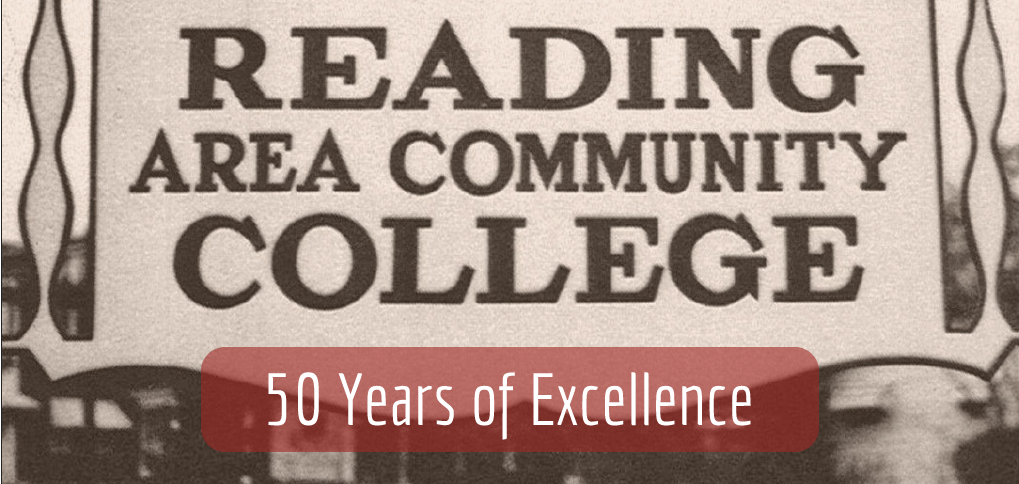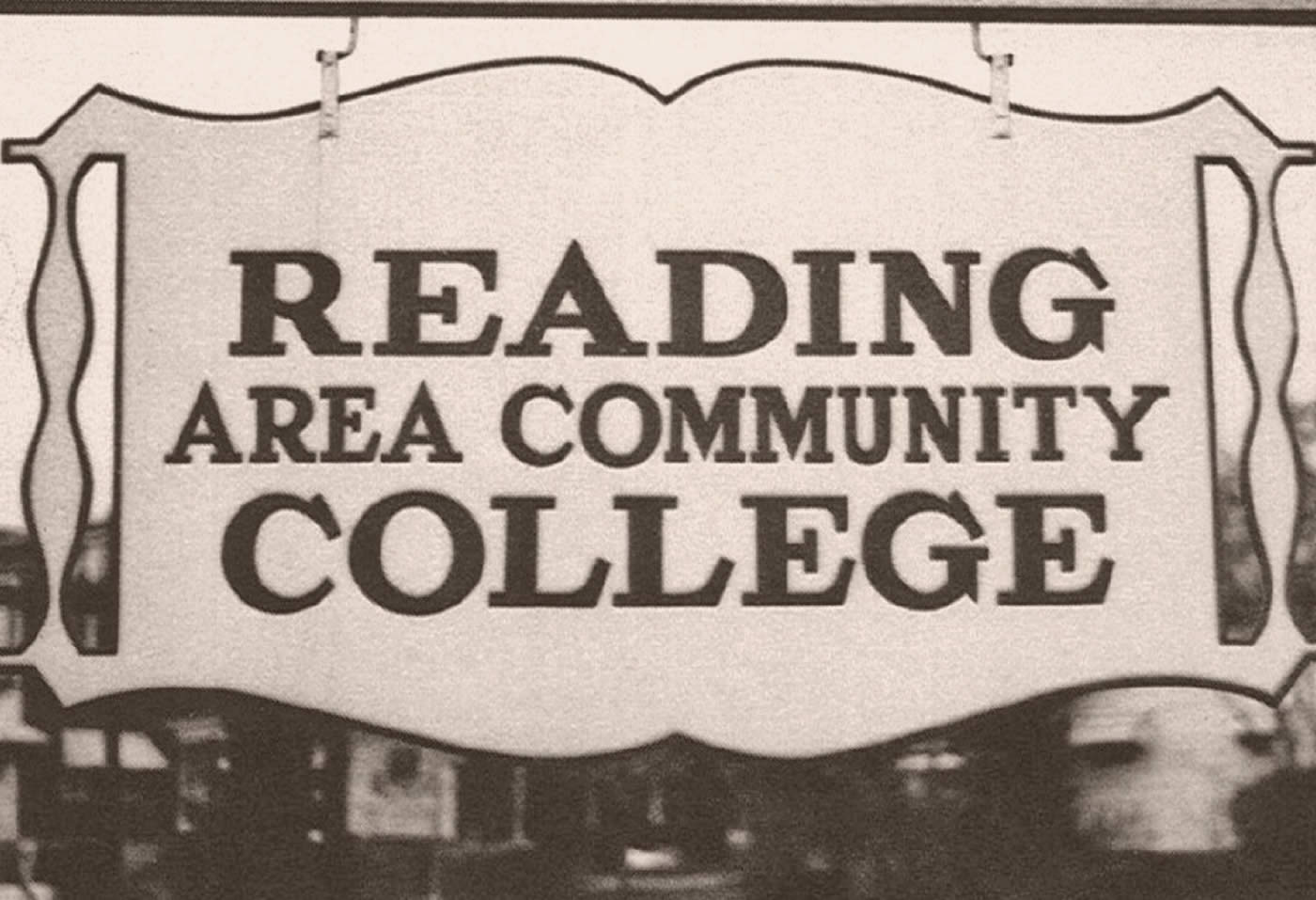Registered Nurse - Cardiac Intermediate Unit at Tower Health
Biography
I am a mother of two. I have a 16-year old daughter and a 14- year old son so that takes up a lot of my time. In my free time. I enjoy reading and writing but I'm also very much an outdoors person. I like paddle boarding and hiking. I like doing things as a family. I love the beach!
I got my first degree at RACC in health information management and worked in medical records. Later I worked as a personal trainer and in a chiropractor's office. I graduated from the RACC Nursing Program in May. So it seems like forever, but it's a short time. Since then, I've passed my NCLEX exam and started my job in the cardiac intermediate unit at Tower Health.
I'm starting my bachelor's degree courses in September. And there is a consideration of going to school to be a nurse anesthetist. It is a future goal, and it is something for which I have to acquire experience in critical care first. And if I would not go that route, it would definitely be an acute care nurse practitioner, which is working in critical care with critical care patients.
What brought you to RACC?
What initially brought me to RACC is I started my pursuit of my nursing degree. When I was a year out of high school, I got accepted into a program. And I also found out I was pregnant. It was kind of a curveball. I had a very difficult pregnancy so I decided to put the nursing degree on hold and pursue another degree while I was pregnant and raising my daughter. When I looked at RACC, I realized that it was doable to go back to school and actually finish that degree. I decided to give it a try, and I earned an associate’s degree in health information management first.
How did you experience at RACC shape your career path?
I always knew I wanted to be a nurse. And that was something I thought, I'll put it on hold. But I love pursuing education. I went back to school. I got my associate’s degree, and I started working in medical records. And it's great, I worked with great people. But sitting behind a desk and working in an office just wasn't for me. And that's when I decided to cross over into fitness. And I became a personal trainer. And I worked with a chiropractor's office, which helped me use the personal training skills that I had as well as work with patients. So, I had more patient interaction. And I realized that that was really my passion. I realized that I should look at going back to school and finishing my nursing degree.
Now I am working in the cardiac intermediate unit, a part of the critical care division at Tower Health. We not only work with cardiac patients, we also work with anyone who has thoracic surgeries. The great thing is that you get to see people come out of cardiothoracic surgeries, open heart surgeries who are really sick and you get to see them actually start to get better. So that's one of the great things about being on my floor. I started the RACC Nursing Program thinking I wanted to be a psych nurse. As I started to go through the program, I was drawn towards critical care. And I realized that I really liked every aspect of it. And so that's what I went for right out of school. I didn't think I'd end up in cardiac. In fact, if you would have asked me two years ago, I would have said I would be nowhere near cardiac. As I was doing well in school, I realized that cardiac was something I excelled at. I was getting really interested when we were on a cardiac floor. I thought that maybe that's where I should consider going. And I actually do love it.
The education you receive at RACC, it's very good. You have two years in the program, which is a shorter program than some others. It really makes you focus. You really have to critically think all the way through. Nursing schools tell you that they're going to make you a critical thinker. With the tests and the clinical work, it really does force you to find a way to find those critical thinking skills and use them. And now that I'm in the field, I realized it wasn't just something they were saying. Critical thinking is key. When you're working with a patient and their condition is changing, you really have to figure out what's going on with that patient. My RACC education really sharpened my critical thinking skills and made me a better nurse.
When you're going into a hospital such as Tower Health that has its own nursing program, you think, "Oh, I'm going be the outcast" there. But I feel like I got the same consideration as everyone else and I'm treated the same. They have the same respect for me as they would for any other person coming from the nursing program.
What advice/insight would you give to current RACC students?
That is never too late to start! I'm 38. And I just finished a nursing degree program. So, if you're telling yourself you're too old, like I was, it's not true. And I don't care if you're older than me, it's never too late to start for nursing students or potential nursing students. I think when you stand at the start line, all you see is it's going to be hard. And what if I fail? I've seen a lot of people not even pursue it because of that, like, I'm not even going to try. And I guess what I have to say is, if you're passionate about it, it's going be hard. And you might fail. Even I failed sometimes. But if you are truly passionate about it, it's worth it. And it has to be hard because on the other side of that, you're going to be taking care of people, you're going to be the one that can keep them alive, or the one that's going to make them better. So, it has to be hard. And that's okay, because at the end of it, you're going to be like it was so worth it.
Well, healthcare is, as we all know, a growing field and there's a growing need. So not only for nurses but physical therapists, occupational therapists, RNs, LPNs, and everything that you can think, there's a growing need there. You're not going to graduate and not have a job. You're definitely going to have a job and they're going to compete for you. When you go into any hospital organization you work for, there's opportunity for growth. You may start in one area, but there's so much opportunity to grow. And then as you change and you want to change locations or have to move, there are always going to be job opportunities for you. You're not routed to one place. There's always a need.
Every single place that I applied offers some type of educational assistance and does offer certification courses and continuing education courses through their program. They offer the opportunity to get those credits right in the hospital, and at no cost to you so you can renew your license. That's the great thing about coming to RACC - you don't have all those student loans following you, it's a lot less, a lot more affordable. And you can take advantage of the benefits and all those opportunities to grow. And it's practically all paid for. So, it's great.
2021 marks RACC's 50th Anniversary. What message would you like to pass on to President Looney and the RACC Community on this historic occasion?
Well, I'll start by saying that if it wasn't for RACC, I probably never would have finished my nursing degree. And that's because I looked into so many programs and the cost and the time as a mother of two and working two to three jobs, it didn't seem doable. So, I guess the message I would want to give Dr. Looney and RACC as a whole is just thank you for being that open door when I thought that door was closed to me. Because you go through and you tell yourself, I'll never be able to do that, I'll never be able to do this. And then I looked into RACC's program. And that was the first time I said, I can do this. This is something I can do and is achievable.


